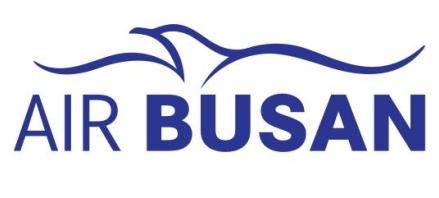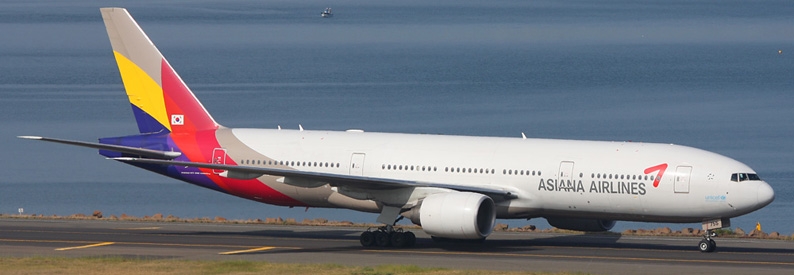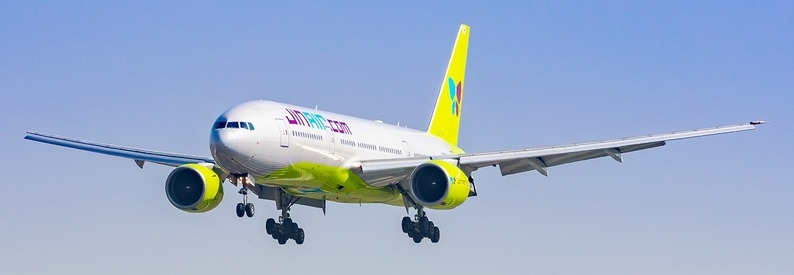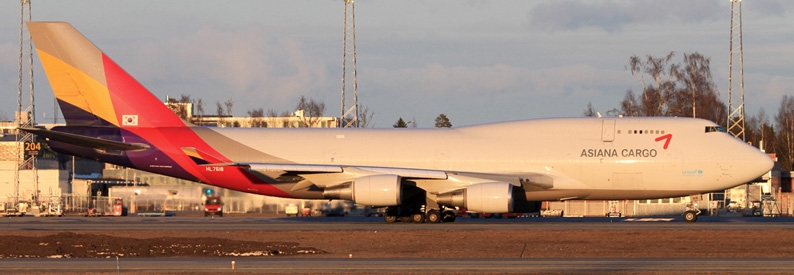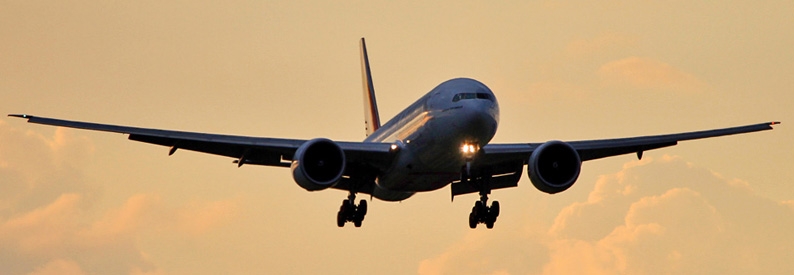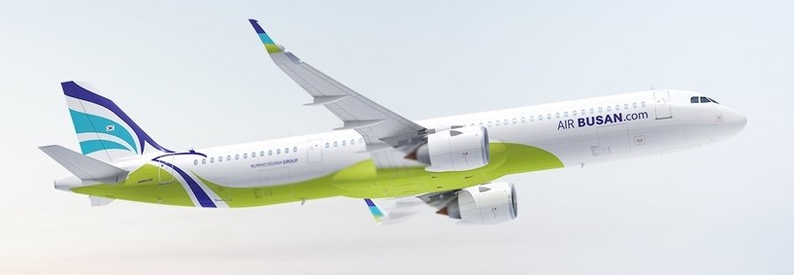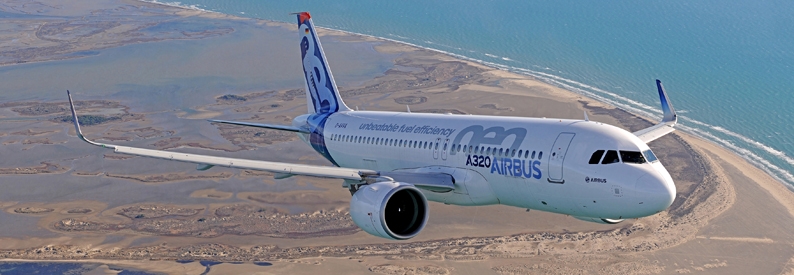Asiana Airlines (OZ, Seoul Incheon) has provided funding to its low-cost subsidiaries Air Busan (BX, Busan) and Air Seoul (RS, Seoul Incheon) to assist them as the slump in travel demand continues to play havoc with South Korean airlines’ financials, local media reported citing stock market filings on March 23.
It acquired KRW30 billion won (USD26.5 million) in unsecured convertible bonds from Air Busan in a private permanent. The bonds have a maturity date of March 24, 2051, and the interest rate is 7.2%. Including permanent bonds already purchased worth KRW50 billion (USD44 million), the full-service carrier’s funding to Air Busan now totals KRW80 billion (USD70.5 million).
Asiana Airlines also announced that it would lend KRW30 billion to Air Seoul, funds which the smaller low-cost unit can deploy in consultation with its parent until March 24, 2022.
During the prolonged crisis, larger airlines such as Asiana have been able to partially make up for performance shortfalls through cargo transportation. After posting an operating loss of KRW208.1 billion (USD184 million) for the first quarter of last year, Asiana’s financials improved over the three consecutive quarters so that its annual operating loss eased to KRW70.3 billion (USD62 million), the Chosun Ilbo daily reported.
Korean Air (KE, Seoul Incheon) revealed last week that it tentatively believed that its acquisition of Asiana Airlines would close by the end of June 2021.
South Korea’s low-cost carriers have faced greater difficulties, however, with Air Busan for example recording a loss of KRW19 billion (USD16.8 million), while unlisted Air Seoul is known to have recorded the largest loss in its history, according to the newspaper.
On March 24, Yonhap News Agency reported the extent to which the country’s LCCs have been burdened by high debt due to the impact of the pandemic. The debt-to-equity ratios of three other budget carriers, Jeju Air, Jin Air, and t'way Air, ranged from 430% to 518% as of the end of 2020, according to their latest financial reports.
Jeju Air had KRW218.4 billion (USD193 million) in equity capital versus KRW938.3 billion (USD829 million), making its debt ratio 430%, up from 353% a year earlier. Korean Air unit Jin Air’s ratio ballooned to 467% by the end of the year, up from 267%, while T'way’s rose to 517.6% from 331.2%, raising concerns over its viability.
Air Busan’s debt-to-equity ratio swelled to 838.2% by the end of 2020, from 811.8% a year earlier.
The low-cost carriers are preparing efforts to raise further capital, sources told Yonhap, with T'way Air aiming for a KRW80 billion rights issue in April and Jeju Air and Jin Air expected to reveal plans for bond sales or renewed requests for state support.
